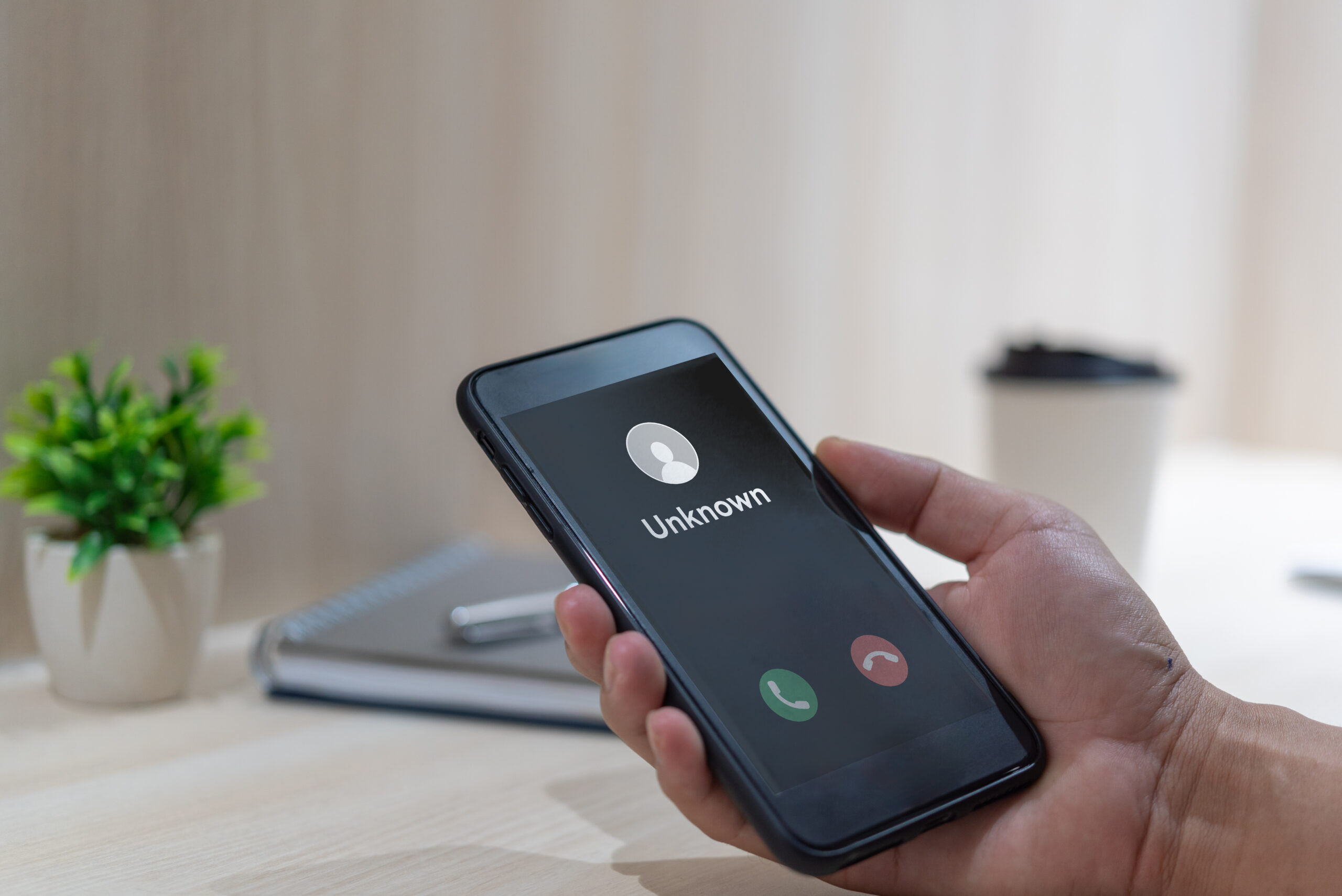Phone scams in a wide range of areas have been common for years now. The growth of AI (artificial intelligence) has unfortunately become another tool for scammers. It is important to protect yourself and any family or friends who are seniors against the growing threat of scammers using phone calls and AI tools.
Understanding Common Phone Call Scams
Phone scams are nothing new. For years, callers have tried to claim they are with the IRS, raising money for a charity, are with your cable service and countless other angles. Their motivation is generally to get your personal information or to extract money from you.
As an example, the IRS routinely warns consumers that they will never initially contact you by phone. It is almost always by mail.
Tactics used by these scammers include trying to create a sense of urgency with you, appealing to your emotions and spoofing phone numbers and caller IDs. In the case of someone saying they are with the IRS, the caller tries to strike fear with the person they are calling in an effort to either extract money or their personal information.
Seniors may be especially susceptible to these types of scams as they may not be as well-versed as to their existence and the tactics used by scammers.
Identifying Potential Scammers
Scammers are getting more and more sophisticated; the advent of AI only assists them in refining their scams. It is important to keep some of the signs of a scam in mind. If helping a senior such as a parent, relative or a friend, it is important to alert them to these signs as well.
There are a number of red flags to be aware of on scam calls including:
- Requests for personal information or your personal financial details
- High-pressure tactics and aggressive behavior to get you to comply
- Unsolicited calls from unknown numbers
When educating seniors about some of the techniques to beware of with scammers, be sure to discuss:
- Caller ID spoofing
- Pre-recorded messages and robocalls
- Social engineering techniques such as phishing
While AI is increasingly used by scammers, AI can help individuals and businesses fight fraud as well. AI can help in screening scam calls including:
- AI-powered call screening tools
- Voice analysis technology
- Identifying patterns and known scam numbers
Implementing protective measures
There are a number of protective measures to protect yourselves and loved ones from phone scammers.
Establish a communications plan. By this, we mean setting and communicating guidelines for what information to share and not share over the phone. In the case of seniors, these measures should strongly suggest that they only share their information with family and trusted caregivers.
Utilize call blocking and filtering tools. This might include installing call blocking apps that will block calls from unidentified or suspicious phone numbers. This can also include configuring “do not disturb” notifications on phones.
Verifying callers and organizations. If you answer a call and the caller says they are from a certain company or organization, end the call and independently verify if this is the case. You can check on the website of the organization and contact them to see if the reason for the call or the caller themselves is legitimate.
Report suspicious calls and scams. This can be done through local authorities such as the police, your state’s Attorney General as well as a number of consumer protection agencies. Most of the organizations have online reporting capabilities.
It is especially important to protect the seniors in your life against these types of scams. They may suffer from cognitive impairment in some cases; at the very least they may be unaware of the types of phone scammers out there.
It is important to be leery of all callers that you don’t recognize. If you are unsure about the legitimacy of the call, it is best practice to respond that you are busy and cannot talk right now. Or better yet, if you do not recognize the number or the name of the caller (or organization), do not answer. Often the caller will not even leave a voicemail, which in itself is a big red flag. If they do leave a voicemail, check out the organization before deciding whether or not to return the call.
Legitimate organizations are generally not going to ask for personal or financial information over the phone. Again, and we cannot emphasize this enough, be sure to work with parents or elderly relatives and friends to reinforce the dangers of dealing with these scam callers. There are countless stories of seniors being defrauded by these types of calls.
For more suggestions on protecting yourselves and loved ones from phone and other types of scams please reach out to your Wedbush financial advisor.
Disclosure
These materials are provided for general information and educational purposes based upon publicly available information from sources believed to be reliable — we cannot assure the accuracy or completeness of these materials. The information presented is not intended to constitute an investment recommendation for, or advice to, any specific person. The information presented here is not specific to any individual’s personal circumstances. To the extent that this material concerns tax matters, it is not intended or written to be used, and cannot be used, by a taxpayer for the purpose of avoiding penalties that may be imposed by law. Each taxpayer should seek independent advice from a tax professional based on his or her individual circumstances. The information in these materials may change at any time and without notice.
